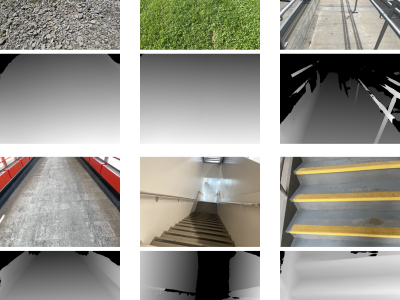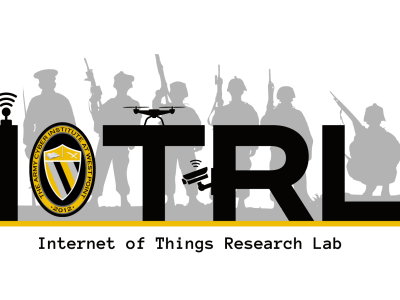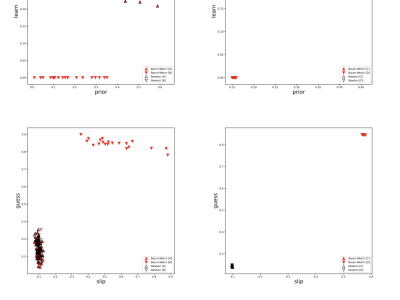
- Categories:


Abstract—Fingerprint recognition technology has become
popular for mobile device authentication systems due to its
reliability and ease of use. As smartphones evolve, fingerprint
sensors are now integrated into smartphone power with a width
of 2.2 mm. However, tiny sensor sizes have led to limited finger
coverage and external factors such as sweat or water droplets
can cause image distortion, making user authentication more
challenging.
To address these issues, we propose the FFP-UNet, which uses

This is the dataset used in the paper MTS4WaterR: Predicting Gate Operation in Open Canal Control with Multi-Task Sequential Model, consisting of 2 main parts, used to train the evaluator and the learner neural networks, respectively.
Each part contains several files:

An understanding of local walking context plays an important role in the analysis of gait in humans and in the high level control systems of robotic prostheses. Laboratory analysis on its own can constrain the ability of researchers to properly assess clinical gait in patients and robotic prostheses to function well in many contexts, therefore study in diverse walking environments is warranted. A ground-truth understanding of the walking terrain is traditionally identified from simple visual data.

The Army Cyber Institute (ACI) Internet of Things (IoT) Network Traffic Dataset 2023 (ACI-IoT-2023) is a novel dataset tailored for machine learning (ML) applications in the realm of IoT network security. This effort focuses on delivering a distinctive and realistic dataset designed to train and evaluate ML models for IoT network environments. By addressing a gap in existing resources, this dataset aims to propel advancements in ML-based solutions, ultimately fortifying the security of IoT operations.

In the domain of Natural Language Processing (NLP), the English Writing Fluency Improvement for non-native speakers, particularly in academic contexts, poses significant challenges. While Sentence-level Revision (SentRev) endeavors to address this concern, the existing evaluation corpus, SMITH, falls short in offering a robust and comprehensive assessment of the task. To bridge this gap, our research offers a novel evaluation corpus generation scheme, leading to the creation of Ten-Country Non-native Academic English Corpus (TCNAEC).

Simulated dataset for deriving parametric constraints for Bayesian Knowedge Tracing. The classical Expectation-Maximization method results in degenerate parameters (i.e., parameters that violate the conceptual interpretation of the model, such as by saying that a learner with no knowledge of a skill is more likely to get an answer correct than a learner with knowledge). A novel approach based on Newton's method rescues these paramters using mathematically derived constraints on the parameter space.

We introduce a novel dataset consisting of approximately 5,700 video files, specifically designed to enhance the development of real-time traffic accident detection systems in smart city environments. It encompasses a diverse range of traffic scenarios, captured through Traffic/Surveillance Cameras (Trafficam) and Dash Cameras (Dashcam), along with additional external data sources. The dataset is meticulously organized into three segments: Training, Validation, and Testing, with each segment offering a unique blend of traffic and dashcam footage across different scenarios.

The D-Faust dataset [26] consists of 41k scanned human body models represented as 3D point clouds and triangular meshes. These models are obtained through scanning human bodies in various poses, allowing for the inclusion of various defects such as noise, holes, missing body parts, and occasional artifacts caused by reflections. This dataset is essential for research on human body reconstruction and provides a rich resource for studying variations in human body shape and pose.

Fingerprint recognition is crucial for device and data
security, especially with the widespread use of capacitive sensors
in mobile devices. However, denoising wet fingerprints from
these sensors poses challenges due to small fingerprint areas,
limited features, and significant moisture-induced dark regions.
Our ”DRB-FD” method combines a Featured Discriminator (FD)
and a Deformed Residual Block (DRB) with attention mechanisms,
drop-out layers, and pre-activation. In experiments using the Nasic9395